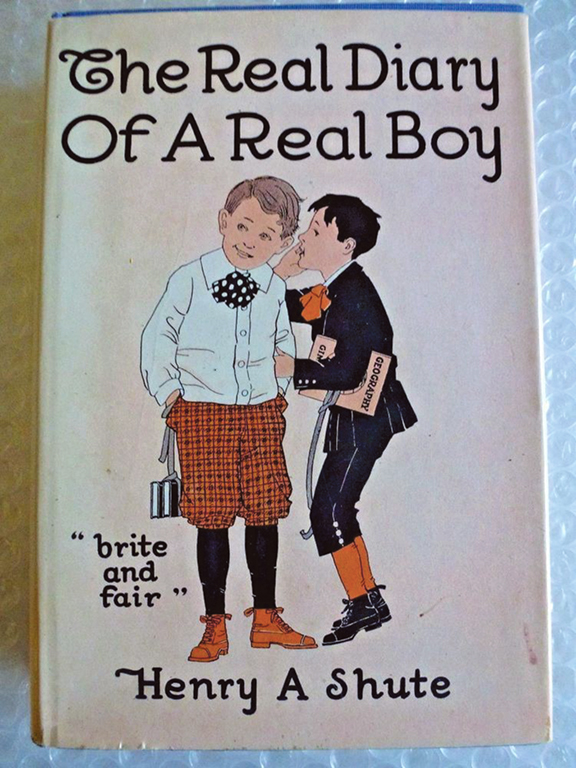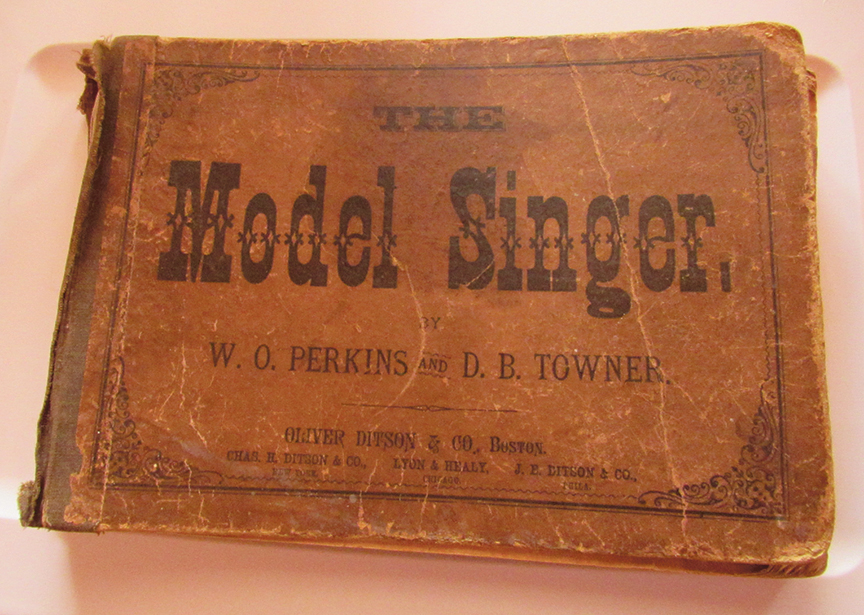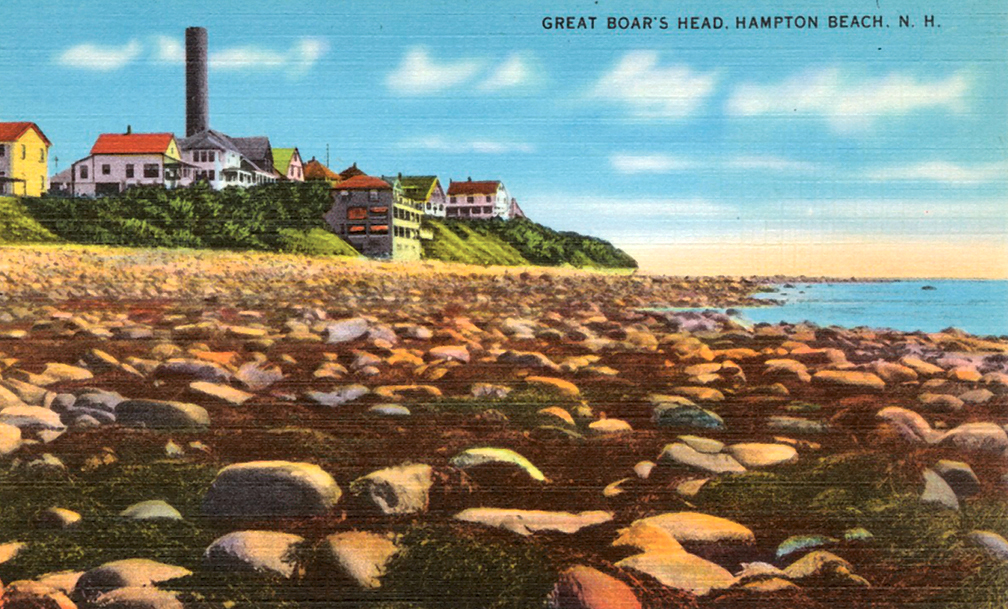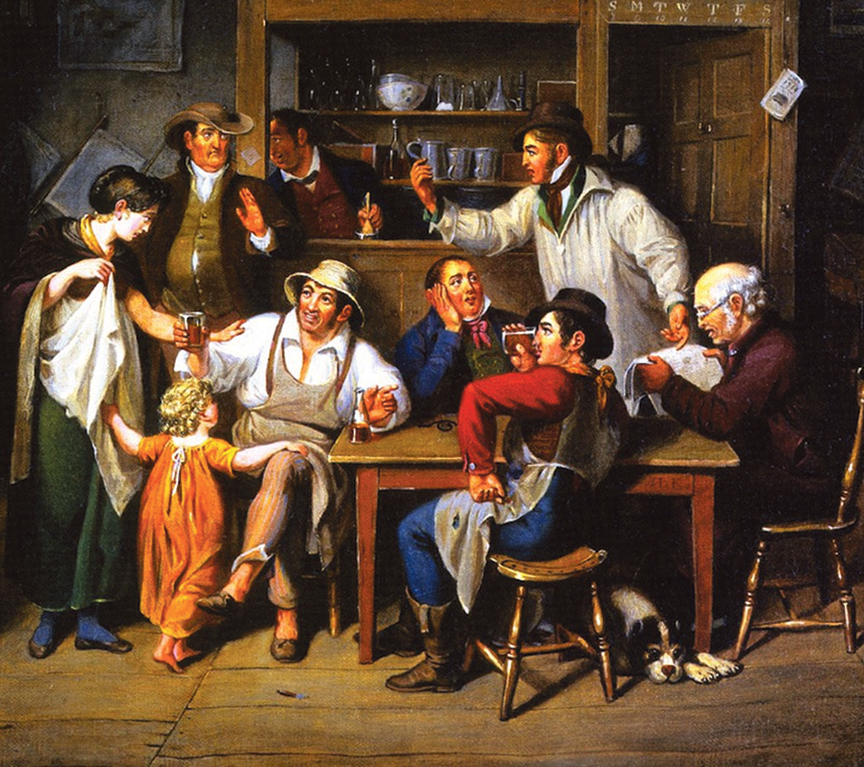Time To Read Some Old Books The Pathway To Knowledge



by Robert Hanaford Smith, Sr.
Weirs Times Contributing Writer
“‘The Real Diary of a Real Boy’ was and is one of the funniest books ever published. We never have seen a normal person who was such a non-conductor of humor as to be able to resist its laughter producing current.” Such was the opinion of the Granite Monthly magazine many years ago, and I am prone to agree in these days when much of the humor of past years may not seem so humorous to present-day readers. But let me come back to this particular book after I write about the topic of reading books.
“Tell me a story, tell me a story, tell me a story before I go to bed.” Such is the request of a child’s song, and it is not a bad one. Neither is it a bad idea to take advantage of any stay at home time one might be experiencing in these uncertain pandemic days to read some books.
Not just any book, but books that offer not only knowledge and wisdom, but also an occasional one just for enjoyment and relaxation.
There are many books available and some are not worth the paper they are printed on or the ink they are printed with, but there are many good ones available for the discerning reader. Many of these are old books.
In times like these, or any other time, it is certainly helpful to read the Bible. If you have never read it I suggest reading the New Testament first and then doing the Old; it’ll take time to read it all, but it is worth the time.
For lighter reading for the purpose of enjoyment and relaxation I am going to suggest a couple of books written by a New Hampshire author. These are books I read in my younger years and still enjoy today. One is
“The Real Diary of A Real Boy” and the other is “ Brite and Fair”, both written by Henry A. Shute of Exeter, New Hampshire. Unfortunately the books may have a few profane words that I would prefer weren’t included and may have been censured from some early editions of the books. Those words are few, however, and mild compared to what is written commonly in today’s literature and spoken freely by men and women in both high and low places.

Henry Augustus Shute graduated from Phillips Exeter Academy in 1875 and Harvard University in 1879. The two books I have mentioned are the two which I have read of many written by Mr. Shute. His stories were published in The Saturday Evening Post for several years. He was the son of George Smith Shute, also a graduate of Phillips Exeter Academy, and a writer of verse, and one of seven children. Henry A. Shute had an extremely active childhood if we believe all the stories he told about himself, but in adulthood became a lawyer and judge and a prominent citizen of Exeter.
These are serious and, certainly to many, trying days, but they can also be learning days with some added reading for the fun of it. In case you can’t find one of Mr. Shute’s books, let me quote a portion or two for your enjoyment. I like to read diaries, so here goes!
From “Brite and Fair”, page 3: “ June 4, 186- brite and fair. i went fishing today with Potter Goram in the morning and was going again in the afternoon but i dident get home in time to help them flap flise out of the dining room and mother woodent let me go to pay me for being lait….every day we have to flap flise ot of the dining room. We all grab our flapers and begin to flap from one end of the room to the other flaping them into the kitchen. Then we shet the doors and keep them out. It is fun flaping for most always I can give Keene a good bat in the ear with a flaper when she aint looking. Then she gives me one on the snoot and then we just go at it til mother stops us. She maiks us take turns now. Ferst it is me and Cele and then it is Cele and Keene. It is never me and Keene any more. Mother says we fite enuf without fiting when there is china and crockery and glass round and things to eat two. Ennyway it is tuf on Cele to have to do it all the time because she is good and dont fite.”
This account is one I can appreciate because I remember “flaping flies” during my childhood days, except we called it “swatting flies” and we used folded up newspapers to do the swatting with. In his June 2nd diary account Shute had written; “the new minister preeched about not killing flies and buggs and wirms and bumbelbeas and yeller jacket hornits. He sed they had a rite to live jest as mutch as peeple and we hadent augt to kill them. I spose it is all rite to let a muskeeter or flee or one of them 3 cornered flise that hangs round a swimmin hole bite you terrible and not even yip. How about bedbugs.” Shute later says that his mother “sed that if old mister minister had to fite flies for every mossel of food he et she gessed he woodent say mutch about not killing them.”
Another book that I enjoyed as a youngster was The Young Moose Hunters by Maine author C.A. Stephens. It relates the adventures of three young men on a hunting and trapping excursion in the woods of Maine.
Stephens wrote other books concerning life in Maine, but there are other not so recent publications that can still bring clean, decent reading enjoyment to those who are home-bound and have time for activities not available in the past. In my reading I am told of individuals who have worked during the day and spent their evenings studying and reading and thus gaining an education to equip them to live a life with enhanced knowledge and wisdom. This is then used to better their own lives and that of others. Though the word discrimination is often used in a negative sense these days, it is wise to be discriminate in our choice of reading material and maybe even read some of the old classics that we have missed. And if we want amusement, an upright amusing book once in a while might help to maintain a merry heart.
Henry Shute, who had the nickname “Plupy” wrote a poem based on an encounter of a bulldog and Plupy’s pet sheep. I give you part of the poem:
“one day in sumer in August it was so hot we nearly bust my sheep was painting with the heat when a dog came taring down the street and then without delay or pause he gumped on them with teeth and claus P.S. A dog aint got no claus to clau with, only nails and nails woodent rime with pause.”
The poem continued telling how his sisters came to rescue the sheep, one with a broom (while he kicked the dog), and the other with some pepper.
“…and she throwed in that dogs face and eys peper enuf to make 40 Kyann pepper pyes and that dog let go and began to yell and howl as if he was rite in hell (P.S. 3th we unitarials say there aint no hell but I aint sure).” and he made for home on the clean gump jest as mother came out with a pale from the pump and old Sam Dire clim over the fench with a red hot iron and a munky rench (P.S. again. fench is ment for fence. poits can do this whenever they have to).”
Robert Hanaford Smith, Sr., welcomes your comments at danahillsmiths@yahoo.com.



